6 steps for a successful project post mortem meeting
Summary
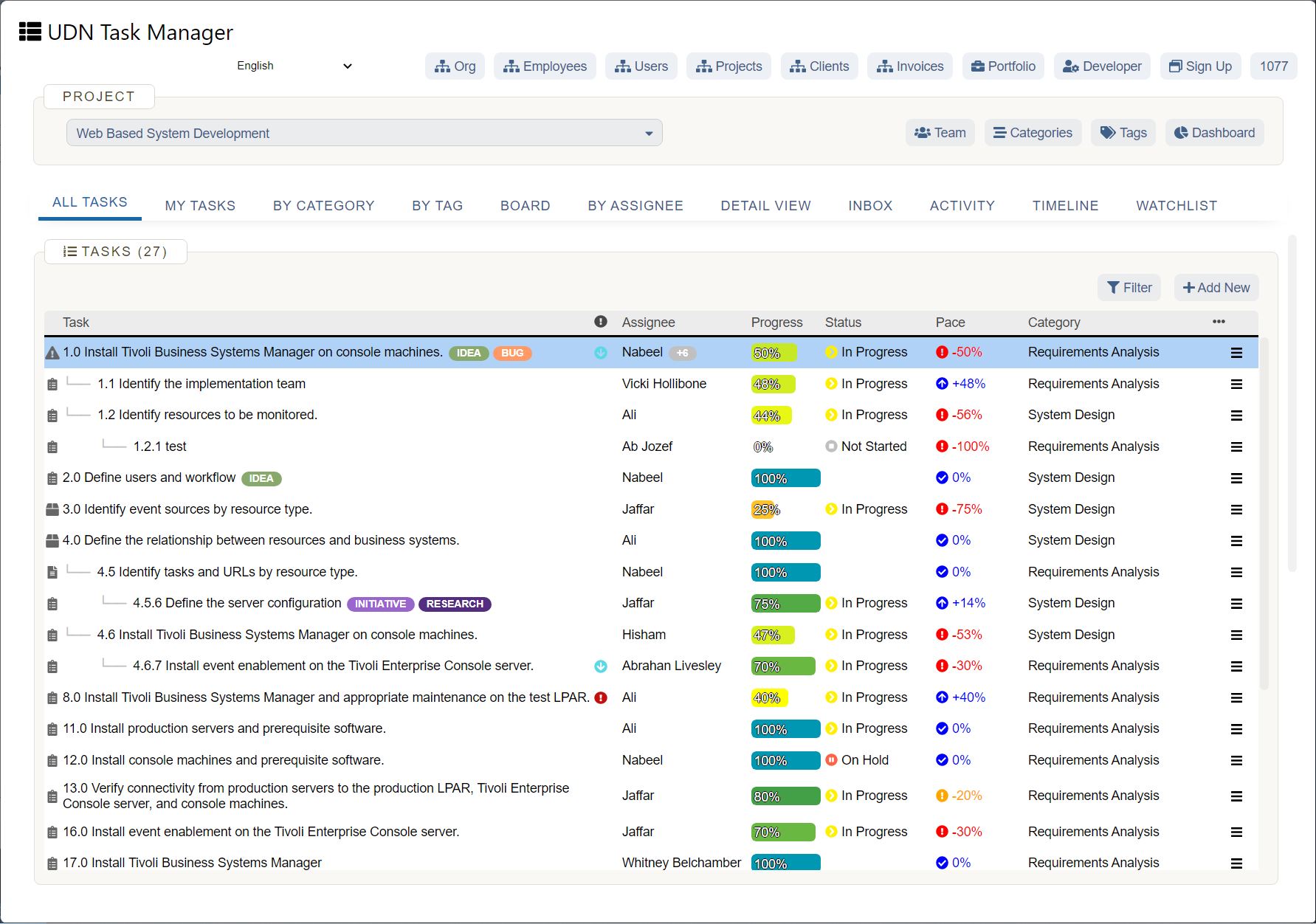
A project post mortem meeting is a meeting held after a project's completion. The main goal is to reflect on how the project went and identify what can be changed moving forward to create a more streamlined process. In this article, we talk about the key benefits of hosting a project post mortem and the steps you need to take to have a successful meeting.
One of the most satisfying feelings in the project management process is to complete the project itself. You and your team worked hard to get to this point, and before you move forward, it's important to take some time to celebrate and reflect on all of the great work you've done.
A great way to reflect is the post mortem meeting. In this article, we discuss the key aspects of a project post mortem and share six simple steps to hosting a successful meeting.
What is a project post mortem meeting?
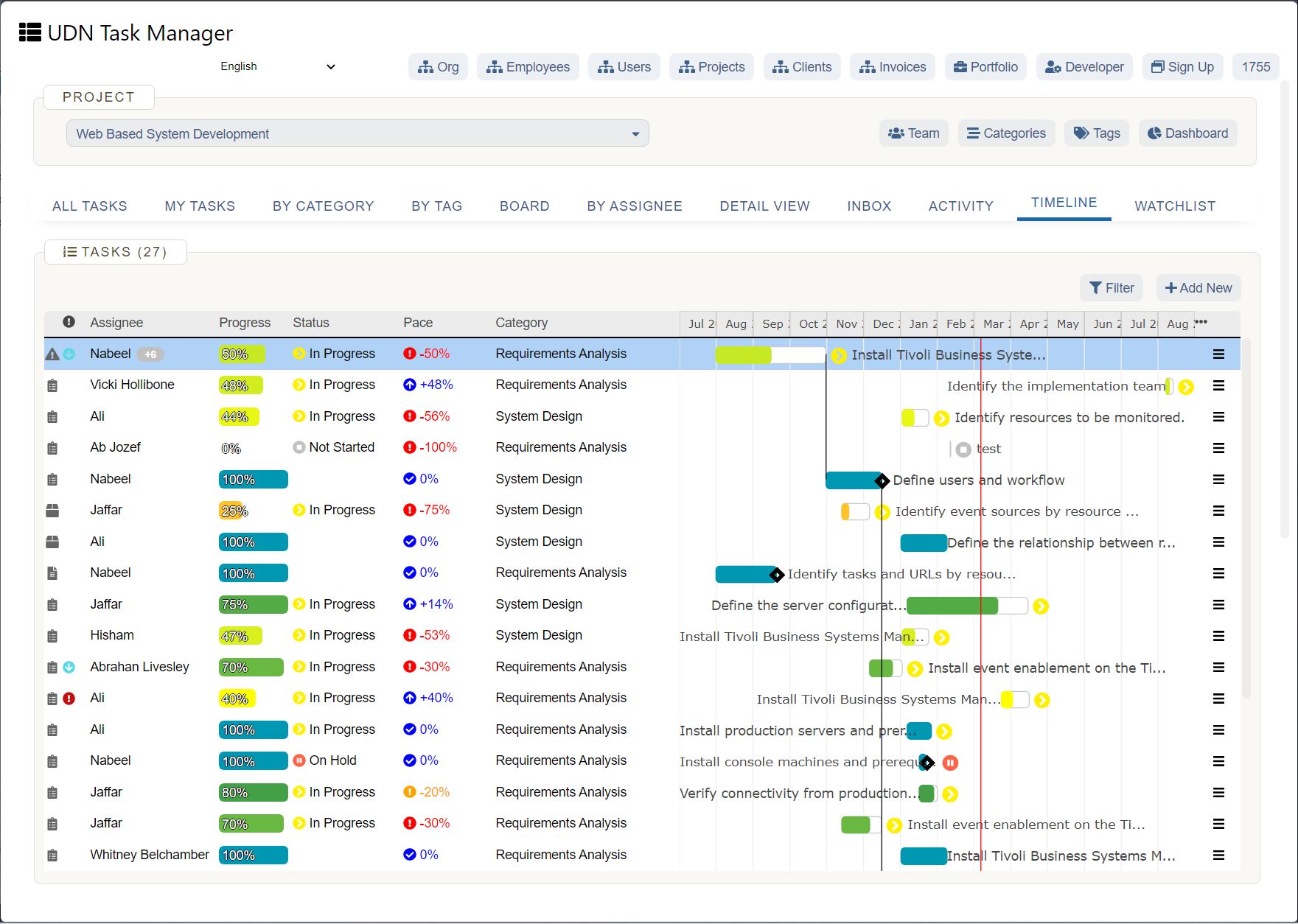
Post mortem meetings are meetings you hold once a project is over. This meeting is a chance for your project team to identify the things that went well throughout the project and the things that could have gone differently.
Project post mortem meetings are a good opportunity to celebrate wins, reflect on your team's workflow, and iterate on any processes to make things better next time.
Post mortem meetings can go by a few different names. The most common ones include:
Project debrief : This term comes from military origins in which teams would “debrief” after a mission to break down what happened.
Retrospective : A project retrospective is commonly used in Agile project management. Because Agile's main goal is continuous improvement, retrospective meetings are commonly held after a sprint cycle so the team can reflect.
Project recap : A recap is typically a written update that captures the key points of a meeting. Project recaps do the same thing, but highlight the key points of an entire project.
Wrap-up meeting : Commonly used at the end of the project to complete or wrap up any loose ends.
Lessons learned meeting : The Project Management Institute uses this language to mark the end of a project. These meetings can help project leaders have clear insight to what worked, what didn’t and what can be improved.
Post mortem vs. premortem
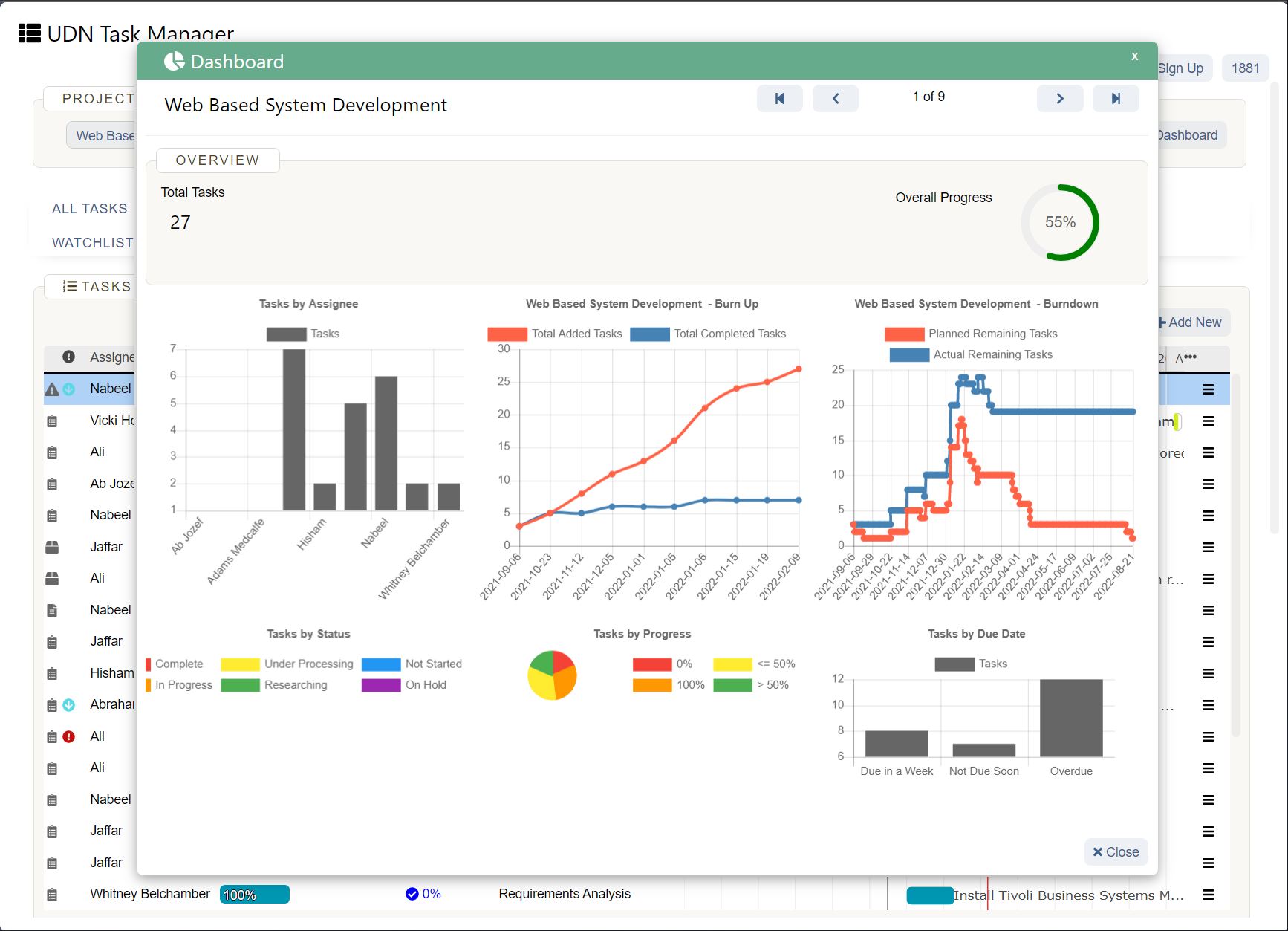
The main difference between a post mortem and a premortem meeting is when the meeting occurs. Premortem meetings happen before a project begins. In a premortem meeting, the team proactively thinks about everything that could possibly go wrong as a way to mitigate risk .
Post mortem meetings happen after the project already happens. It’s a retrospective meeting to reflect on the things that happened during the project.
Why should you run a project post mortem meeting?
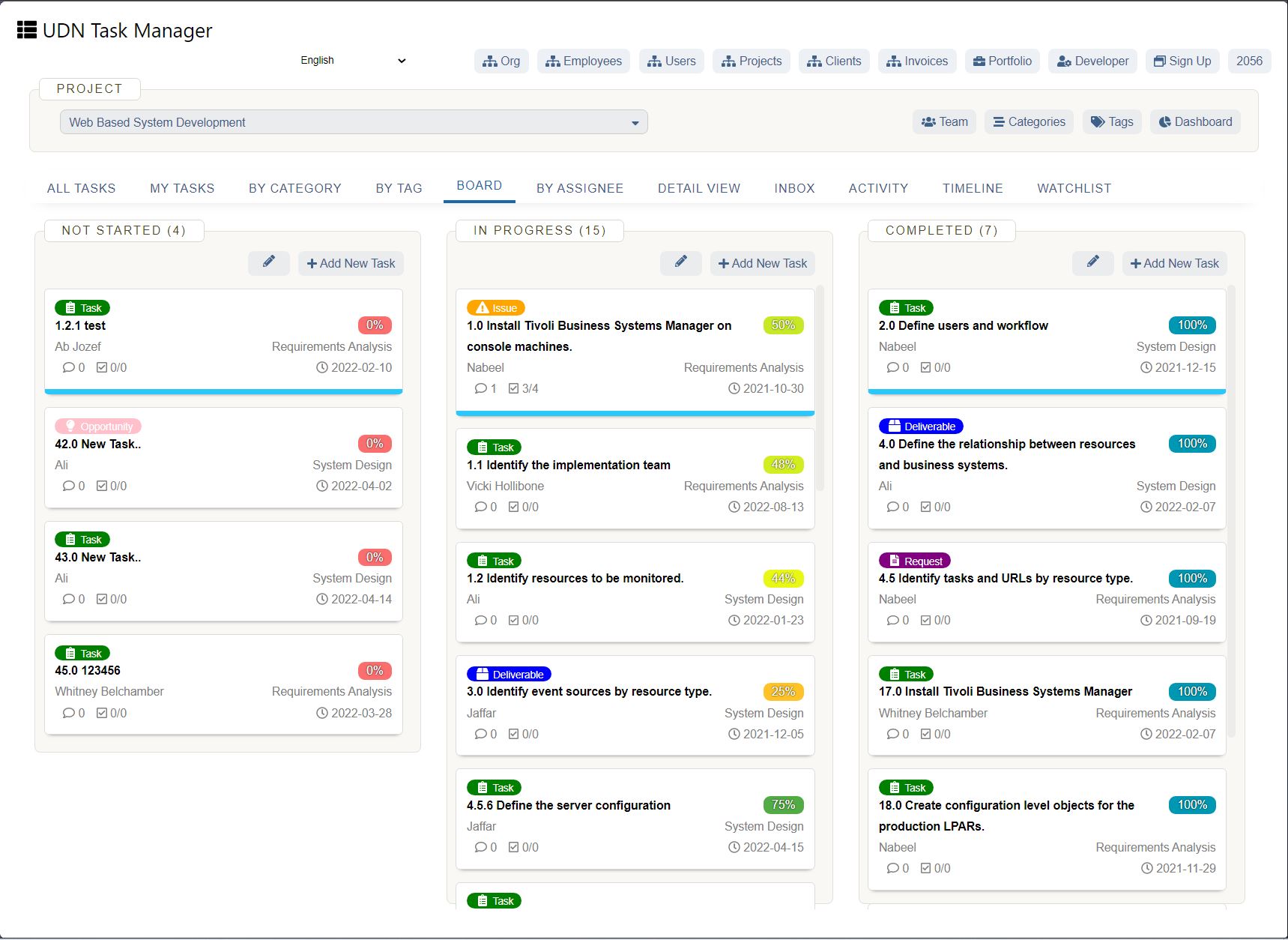
Running a project post mortem can give project managers a lot of good insights on how to improve their project process. In particular, these meetings help you:
Learn from your past experiences
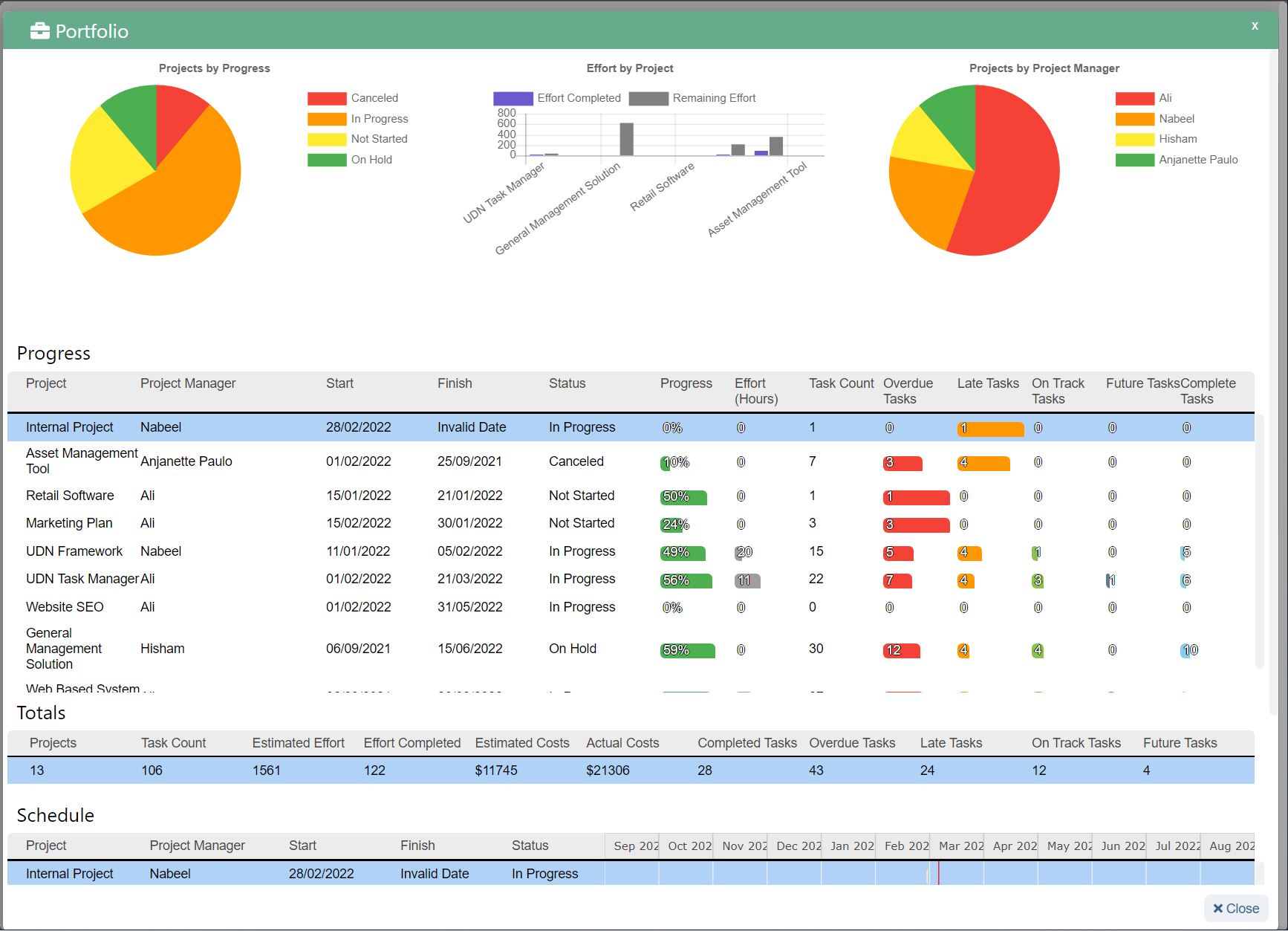
Project post mortem meetings are important because they can help project managers streamline processes for future projects. By taking time to reflect on what went well during a project, you can use that feedback to inform your plans for the next project. If something didn't go well during a project, you can use this opportunity to adapt your strategy.
Applying your learnings from past projects can also help prevent mistakes and mitigate risk . If you are running similar projects regularly, you can create a template based on your past project processes. This way, your project team knows what action items and deliverables need to go in your project plan.
Retrospectives and iteration are important pillars as it relates to the Agile project management methodology. Agile processes make iteration a priority. Without taking the time to reflect on things that well or what didn’t, you wouldn’t be able to change your processes for the next sprint.
Increase team communication
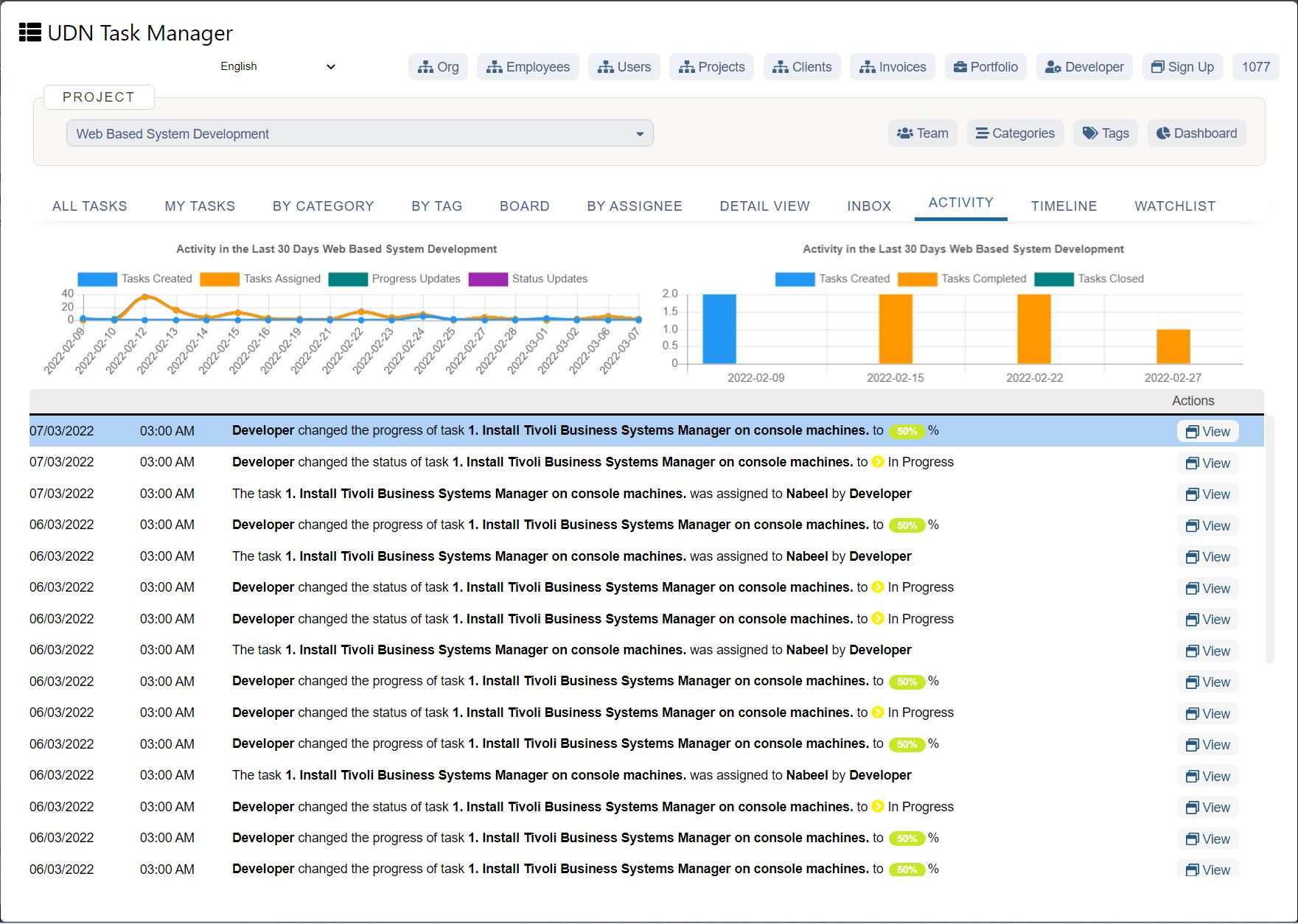
One of the major benefits of a project post mortem meeting is that it gives the opportunity for project managers to take a step back and reflect on how other team members felt about their part of the project.
A project's success is often contingent on how well a team works together, so it's important to create space for everybody to share their unique experiences. This is an opportunity for individuals to talk about their specific pain points and work together to figure out solutions for the next project, so those pain points don't happen again.
Improve team morale
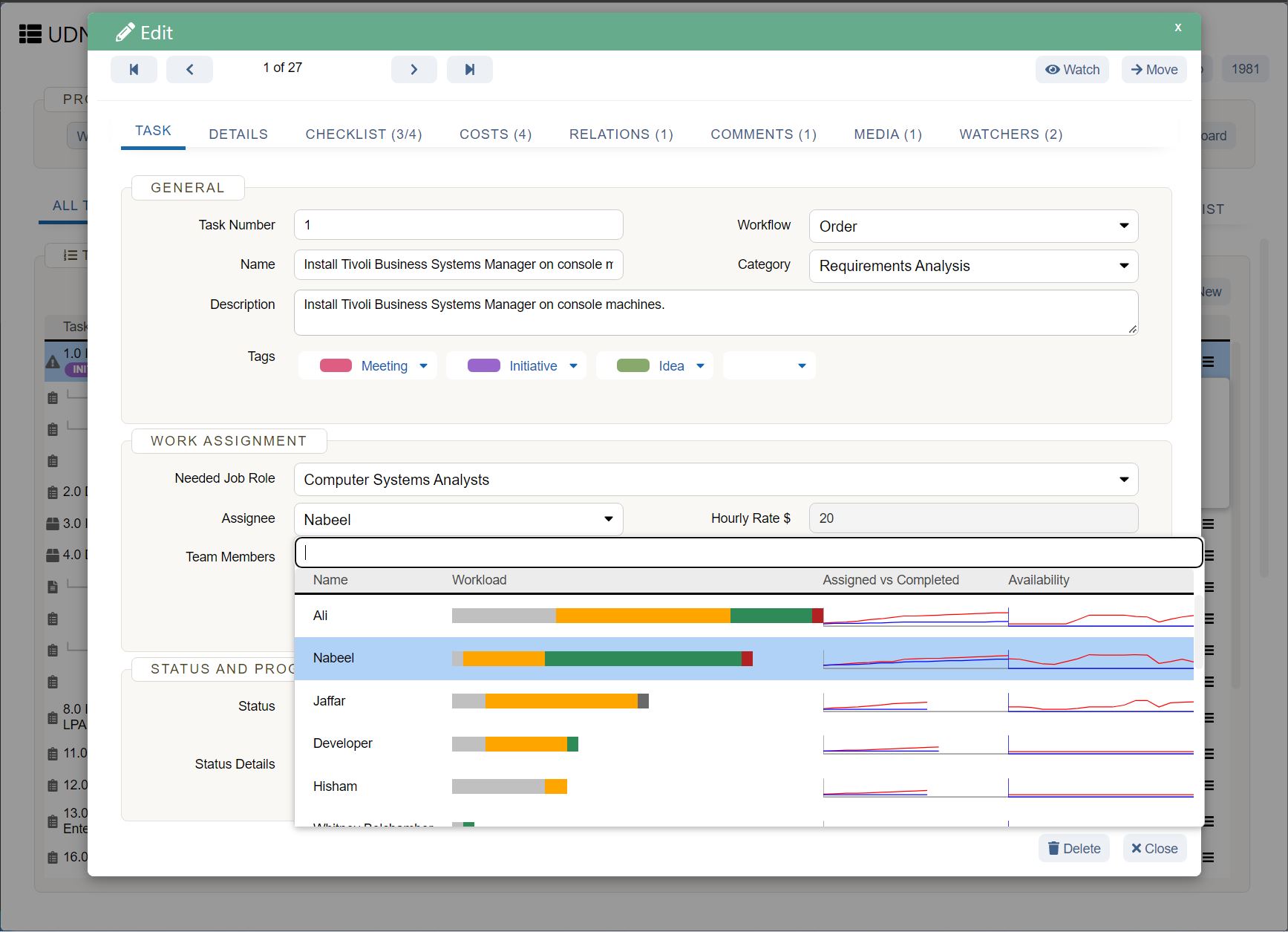
Making time to reflect back on your team’s accomplishments is an easy way to improve team morale. While it may be easy to wrap up a project and immediately jump right into the next one, taking time to celebrate the good things your team has done is important for team bonding.
The post mortem meeting is a great opportunity to recognize team members who went above and beyond to make the project successful. Recognizing your team members can greatly benefit team morale.
Here are a few ways you can improve morale during your post mortem meeting:
Include a section in your retrospective project template for “wins.”
Have each team member share at least one “kudos” to another team member on the project.
Prepare some key wins in advanced before the meeting begins.
6 steps to running a successful post mortem meeting

The post mortem process doesn’t need to be complicated. Here are a few simple steps to get you started on leading a successful post mortem meeting.
1. Meet within a few days of project completion
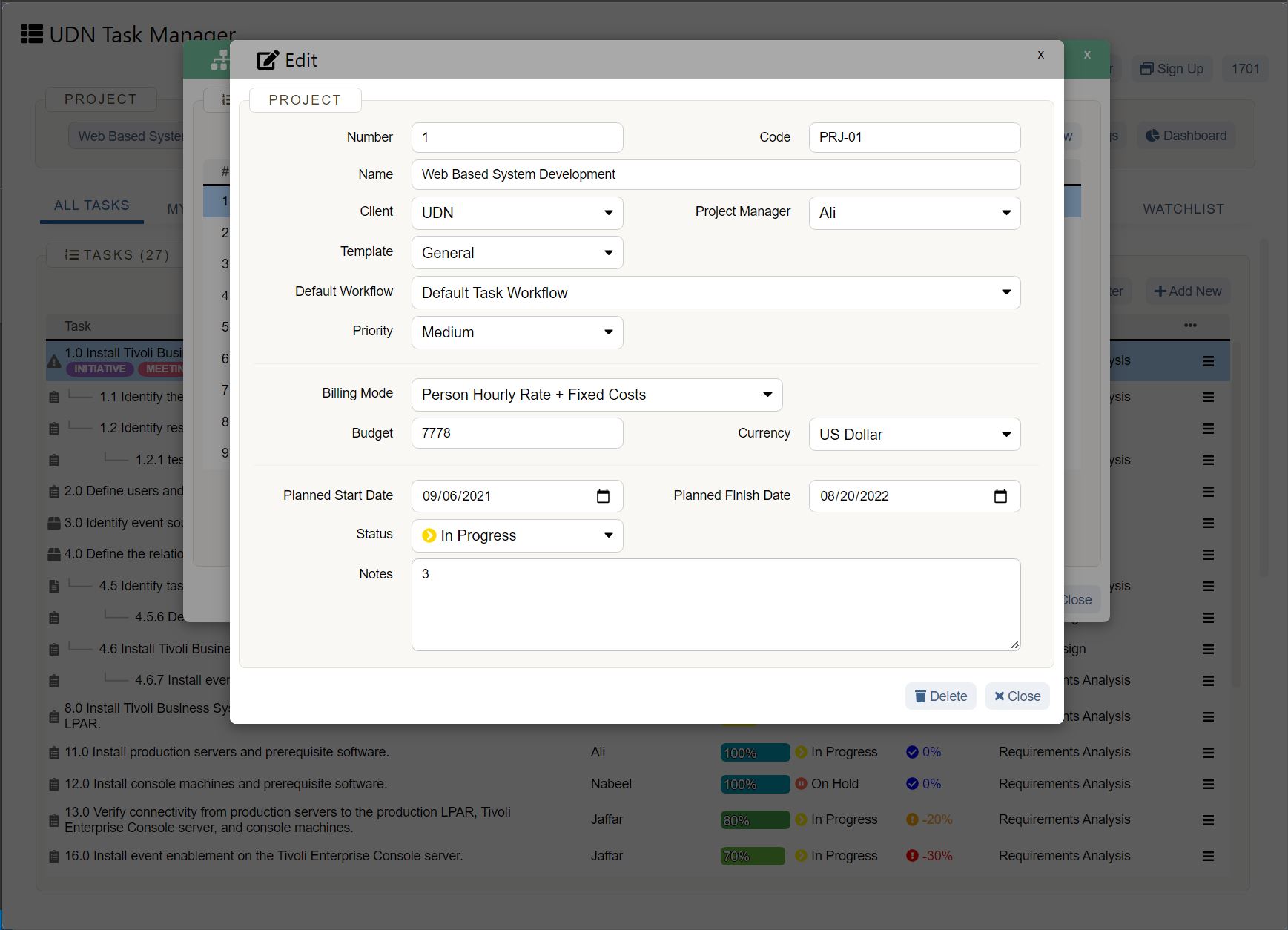
A post mortem analysis is most effective when the experience of the project is still fresh in your team members’ minds. An easy way to make sure that the post mortem is done in a reasonable time period is to schedule the meeting when you begin the project. Building the post mortem process into your workflow ensures that this step won’t be forgotten.
In general, the best time to schedule a post mortem is a few days after the project's completion. This offers your team a little break after the project to reflect on their own time before diving into a team retrospective.
2. Send a pre-meeting questionnaire
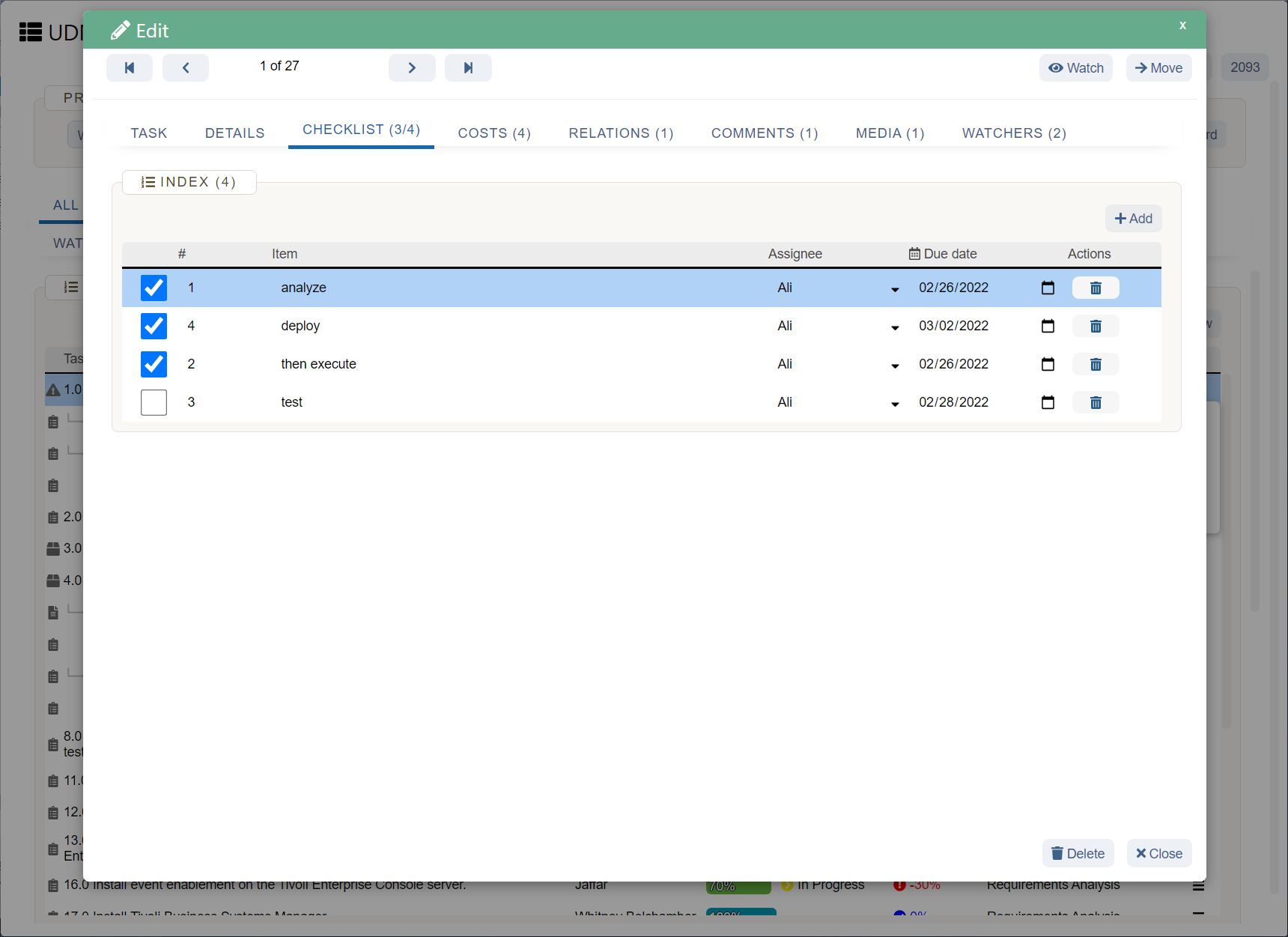
During the gap between the end of the project and before the post mortem meeting, it's helpful to send a questionnaire to your team to get some early takeaways on what your team thought about the project. If several team members mention the same issue, make sure that topic is a key point of discussion during your post mortem meeting.
Sample pre-meeting questions:
What are three things that went well during this project?
What are three things that did not go well during this project?
Do you have any suggestions on how we can improve for the next project?
After you identify these discussion points, the next step is to create your agenda and send it to the team before the meeting.
3. Share a post mortem meeting agenda
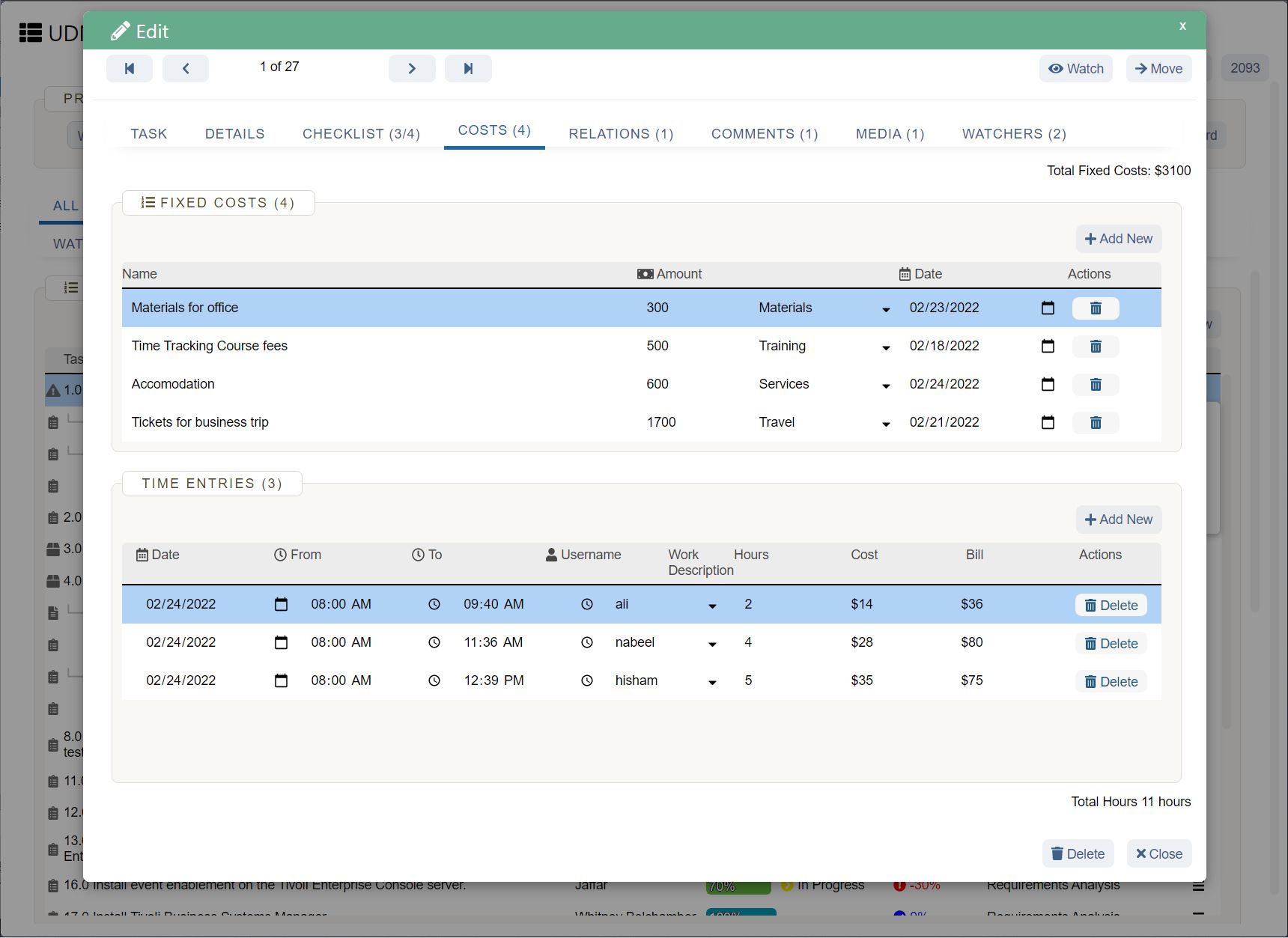
Sharing an agenda before any meeting, not just post mortem meetings, is a good practice. Updating the team ahead of time gives them a heads up about key topics, so they can prepare some thoughts ahead of time.
Sample agenda:
Introduction (2.5 minutes)
Team shoutouts (5 minutes)
What went well (5 minutes)
What could have gone better (5 minutes)
Suggestions for next project (5 minutes)
Wrap up (2.5 minutes)
4. Assign a dedicated note taker and moderator
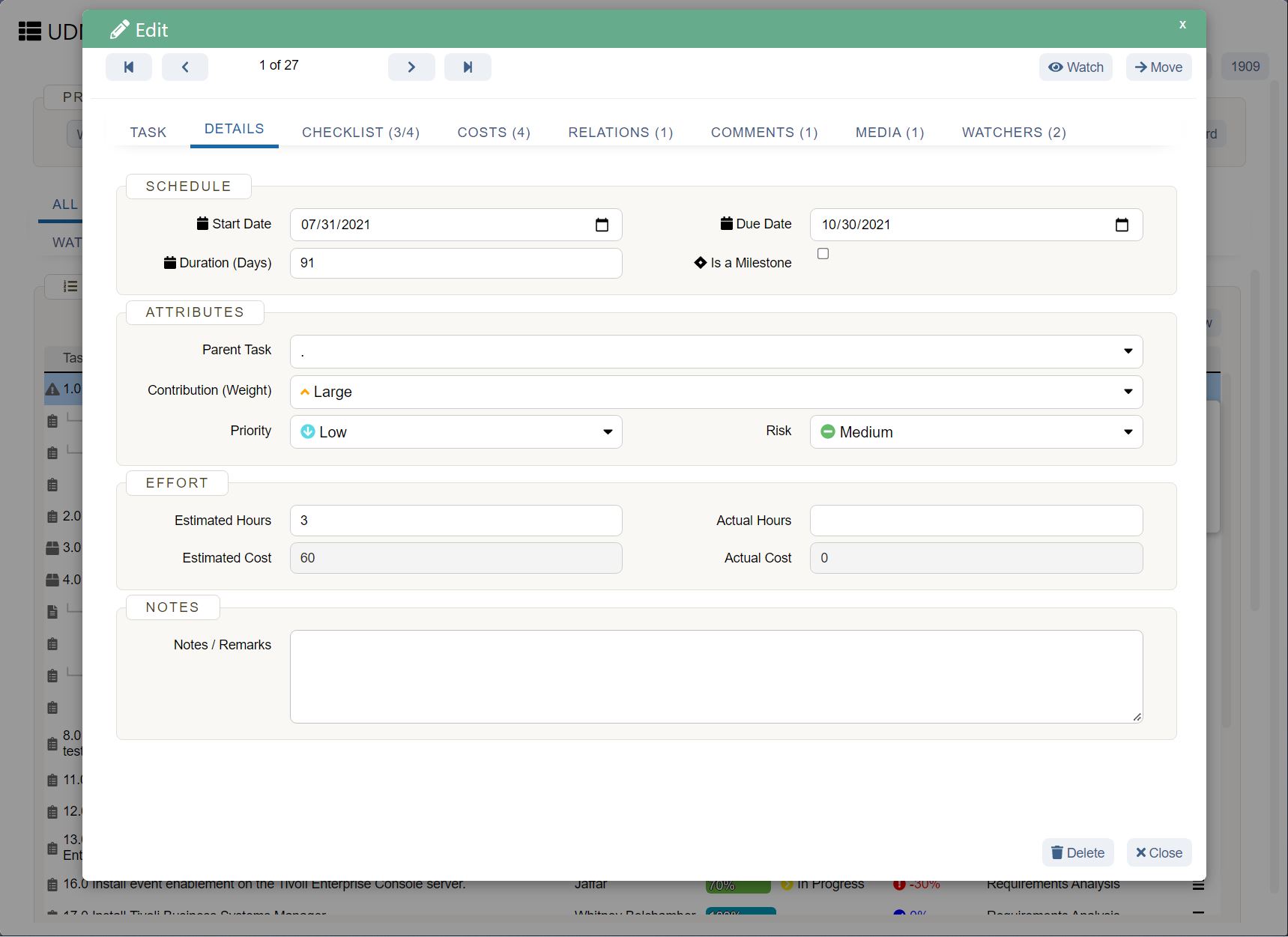
Before a meeting starts, identify a note taker and moderator. Ideally, this should be two different team members, as doing both at the same time can lead to lulls in the conversation. Often, the main project manager takes the role of the discussion moderator, while somebody else takes notes.
If you're having this meeting virtually, it's a good idea to record the meeting so attendees can reflect back on it and you have a point of reference when you're reviewing your meeting notes .
5. Host the meeting
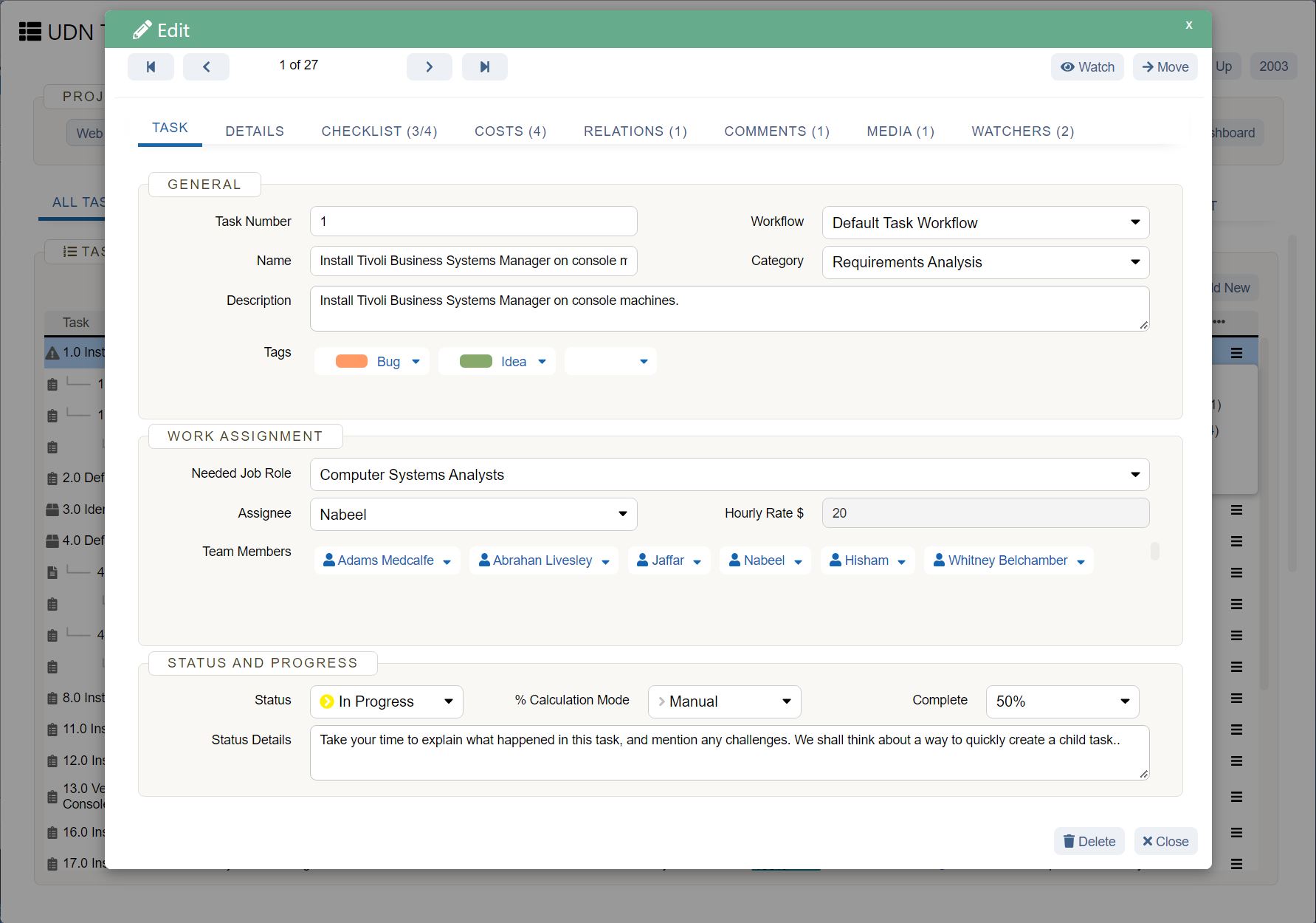
When you're actually holding the meeting, it's important to set some basic ground rules for how the meeting will proceed. The moderator usually guides the conversation by following the key points in the agenda. But what happens if the conversation goes stale?
It's the moderator’s job to continue the conversation and encourage more discussion regarding the project. Here are a few thoughtful questions that moderators can ask team members to prompt discussion:
Did anybody on the team have any challenges meeting the timelines set by the project plan? If not, what would you say was blocking you?
Do you think the team had enough resources to complete the project by the deadline we set out? If not, what other resources could we have provided to meet these deadlines?
After having this experience under your belt, if you could redo this project, what would you do differently?
Would you want to work on a project like this again? Why or why not?
Would you consider this a successful project? Why or why not?
Open-ended questions like these can help you identify aspects of your project process that you may not be privy to during the process. You can use these insights from your team to develop a better process for your next project.
6. Send a meeting recap to attendees
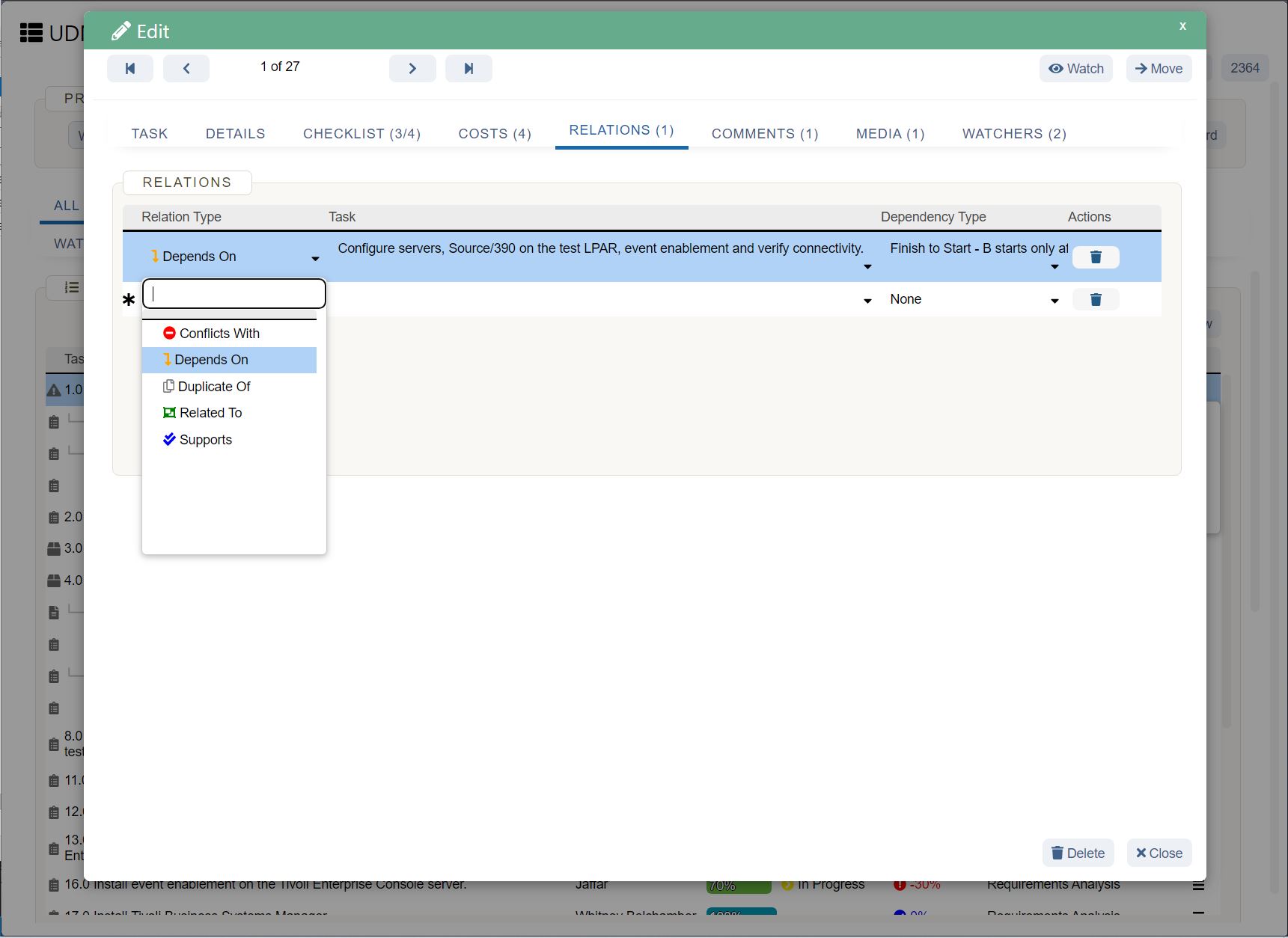
After the meeting is over, send a recap of the main takeaways to your team. Be sure to include any action items that you identified during the meeting and share initial thoughts on what your team can expect for the next project they work on.
Learn more about essential project management skills
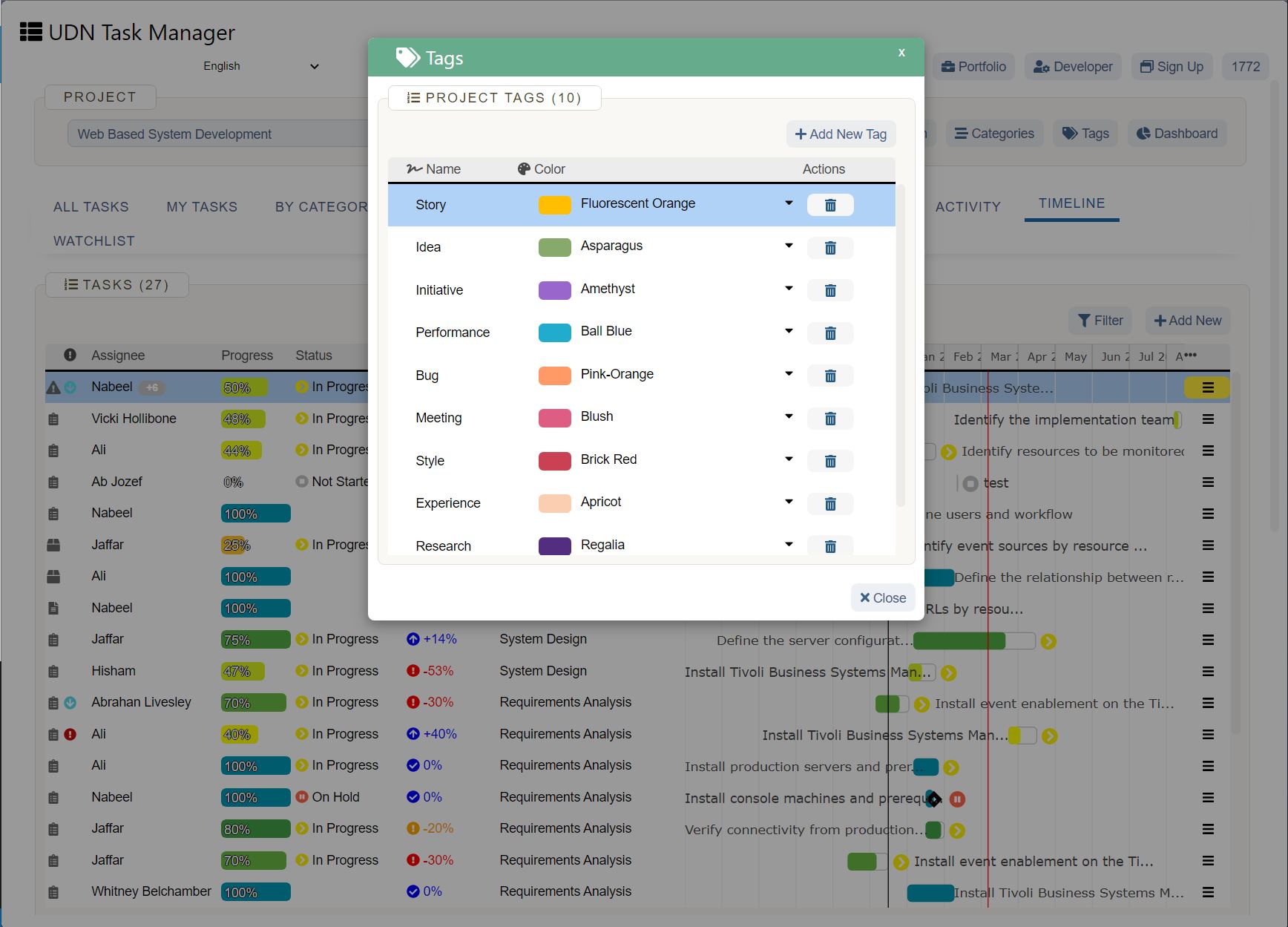
In addition to learning from your project post mortem meeting, you can effectively prepare for a successful project with key project management skills like establishing a project plan and hosting a project kickoff meeting for your next project.
Interested in learning more about how to sharpen your project management skills? Learn more from UDN Task Manager 's project management resource library .











